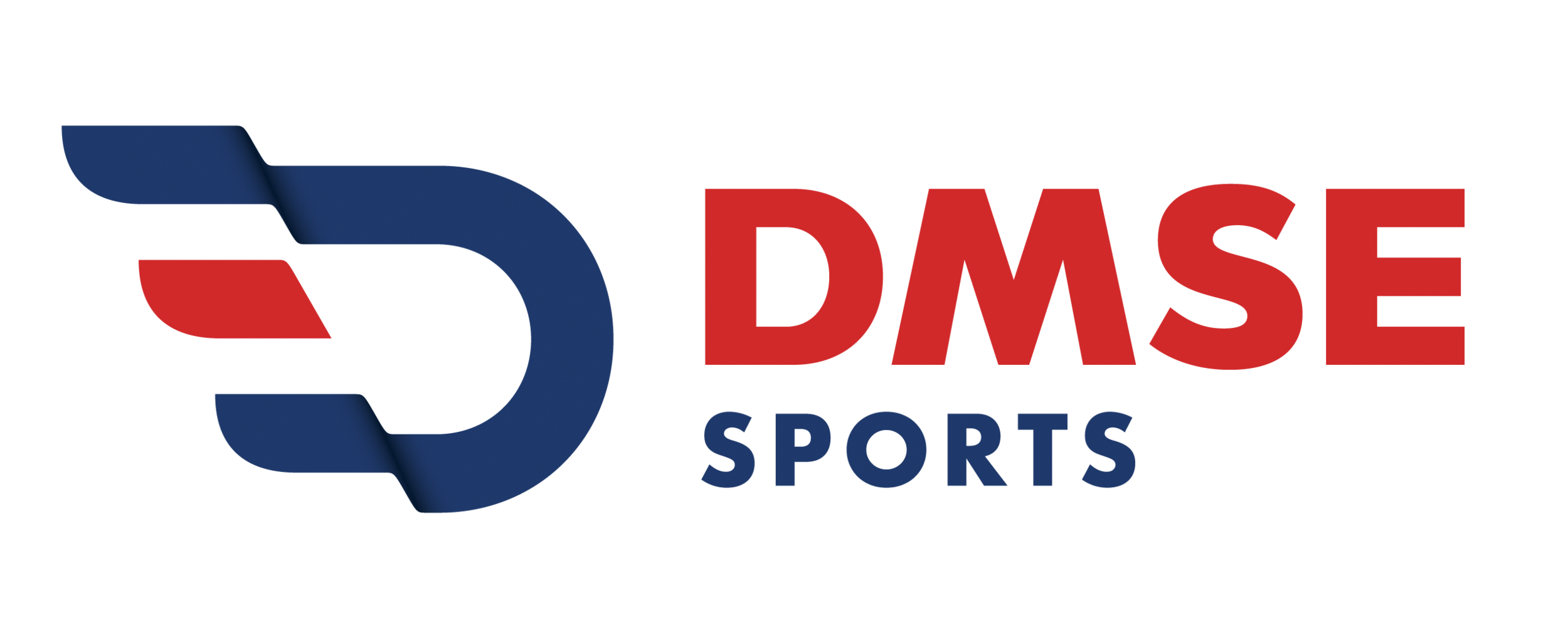THE INCREDIBLY SIMPLE WAY ONE MAN IS MOTIVATING PEOPLE TO START RUNNING
RUNNER'S WORLD
Dave McGillivray’s tactic is so easy, it’s genius. And any veteran runner can do it.
It’s a strategy he’s used hundreds of times over the past 12 years: When Boston Marathon Race Director Dave McGillivray wants to encourage new runners to race, he gives them a medal. A loaner medal.
During speeches he makes, McGillivray asks the assembled crowd: Who hasn’t run a race but is considering doing so?
From the raised hands, he selects one person to join him on stage.
And then he gives the runner-to-be a medal, and he asks the recipient to return it when he or she has earned one in a race.
In September 2017, at the Wineglass Marathon prerace dinner in Corning, New York, Margie Mariner of Shavertown, Pennsylvania, was the runner McGillivray selected.
Mariner, 65, had been a runner off and on for roughly 40 years, but she had never run a race. She was at the event to support her husband, an Ironman and marathoner.“Dave gave me this medal and he said, ‘When you run your first race and get your first medal, you send this one back to me,’” Mariner said.
The medals, donated by Ashworth Awards, read “Next goal…earn my own medal.” And on the back, they read, “Dave McGillivray’s inspirational medals. Once you earn your own medal, please return this medal so we can inspire another future athlete.” His address is on the back of each one.
“The medal is a reminder to them, and maybe an incentive, that, yeah, I gotta do this, and knowing that they stood up in front of 200 or 300 people and basically committed to themselves that they were going to do this,” McGillivray said. “It’s pretty cool that it seems to work.”
Mariner had been considering running the Cooper River Bridge Run in Charleston, South Carolina, but her experience onstage was the final push she needed.“I didn’t want to let myself down, but I had the medal and I sort of didn’t want to let Dave down,” Mariner said. Upon completing the 10K race and having a fantastic experience, Mariner returned her medal with a note thanking McGillivray.
When McGillivray pulls a runner up on stage, he asks the audience cheer wildly, as they might from the sidelines of a race. It’s an idea he adapted from another industry professional he watched speak years ago.
“I’ll say, ‘What just happened is what happens at the finish line of road races and marathons every weekend throughout this country,’” McGillivray said. “Then I’ll turn to her and say, ‘You know what the toughest part of you running in a race is going to be?’ She’ll say, ‘What?’ And I’ll say, ‘Signing the application. Having the guts to do this.’”
McGillivray might have his inspirational speech down to an exact science. But he says if friends loaning medals to non-running friends can help inspire exercise, anyone should do it.
Sometimes McGillivray uses the medals to encourage runners to go farther. In 2014, before she ran her first half marathon, McGillivray invited Vicki Resch, 50, of Canberra, Australia, up on stage and challenged her to run a marathon. Having not yet raced 13.1 miles, 26.2 seemed like a daunting task, but she hung the medal in her exercise room as a reminder of what she’d committed to. A little over two years later, she completed the 2016 New York City Marathon. “Receiving the medal gave me a challenge and a goal,” Resch wrote in an email.
McGillivray estimates that approximately 90 percent of the 200 to 300 medals he’s given out have been returned, often with a note describing how the challenge inspired the recipients.“You cross the finish line, and then you get a medal and magic happens—you go home feeling good about yourself. That’s what this whole sport, this whole industry is all about now,” McGillivray said. “It’s about raising the level of self esteem of thousands and thousands of people in this country.”
